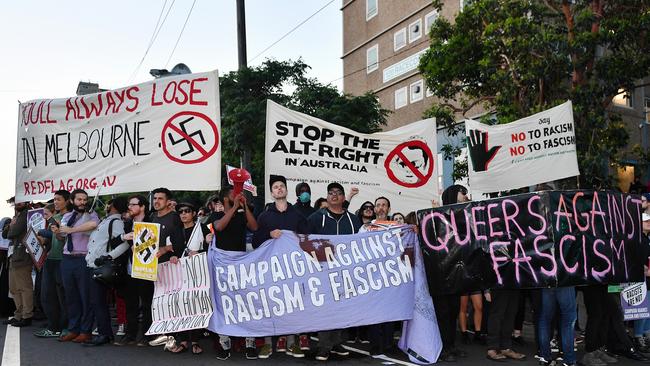
Despite its worthy reputation as the birthplace of political correctness, the United States is relatively free of legislation that outlaws so-called hate speech. Unlike Australians, American citizens can speak without fear of being summoned before a government tribunal to answer accusations they have, whether intentionally or otherwise, caused offence.
This is due to that excerpt of the First Amendment which specifies “Congress shall make no law … prohibiting the free exercise thereof; or abridging the freedom of speech, or of the press.” It delights those who rightly claim free speech is critical to preserving freedom, but is repugnant to those who believe citizens cannot be trusted with such a right. Those of the latter group have legislated numerous times to circumvent the First Amendment, but since 1920 they have been challenged, held to account, and thwarted by the American Civil Liberties Union.
Now that is about to change. Last week The Wall Street Journal, having obtained a leaked ACLU document, revealed the organisation is revising its case selection guidelines. Traditionally it has defended free speech matters as a matter of principle rather than on their content. Yet it now endorses the view “that speech that denigrates [marginalised] groups can inflict serious harms and is intended to and often will impede progress toward equality.”
It continues: “Our defence of speech may have a greater or lesser harmful impact on the equality and justice work to which we are also committed, depending on factors such as the (present and historical) context of the proposed speech; the potential effect on marginalised communities; the extent to which the speech may assist in advancing the goals of white supremacists or others whose views are contrary to our values; and the structural and power inequalities in the community in which the speech will occur.”
Any guesses what this is code for? I’ll give you a clue: the document contains negative references to “ultra-right groups” but is silent on the malevolence and thuggery of left-wing extremists such as Antifa and other so-called anti-fascist groups. If you are a white conservative or if you espouse ideals that favour the individual over the collective, chances are the ACLU will not represent you. If however you don a black balaclava and menace, shout-down, and even assault those few conservatives brave enough to speak on campus these days, you can expect the ACLU to champion your right to protest.
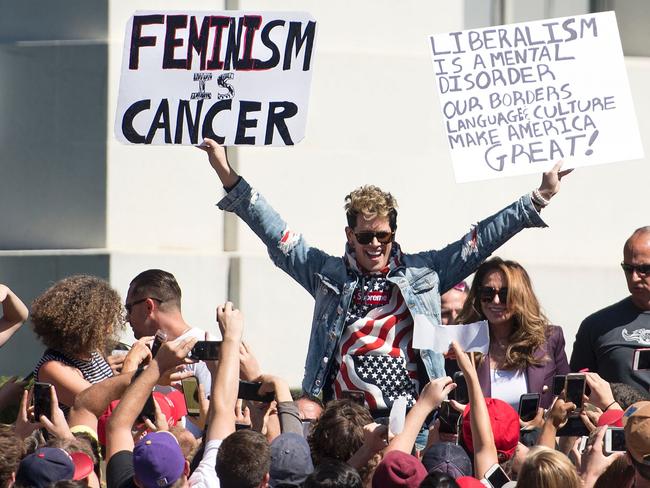
As any member of ACLU’s Australian counterparts could tell you, defending the free speech of those with whom you disagree is so last century. Hell, they even publicly fawn over those ridiculously well-paid officials who seek to regulate speech. Who could forget Gillian Triggs, the then president of the Australian Human Rights Commission, who last year appeared at a Greens-affiliated Bob Brown Foundation event and lamented the fact that people were free to say what they like around the kitchen table at home? Instead of denouncing those comments as the hallmark of a totalitarian state, Liberty Victoria bestowed its Voltaire Award on Triggs for “her courageous stand on people’s rights, especially free speech.”
The NSW Council for Civil Liberties is no better. Writing in 2016, its president Stephen Blanks supported the controversial and highly subjective section 18C of the Racial Discrimination Act, which makes it unlawful to offend, insult, humiliate or intimidate another person on the basis of race, colour, or national or ethnic origin. He claimed the legislation “does not improperly intrude on the right to free speech.”
Blanks did not mention the appalling and well-publicised case that year involving students from the Queensland University of Technology who endured three-and-a-half years of stress fighting a vexatious 18C claim. They had objected to being evicted from the university’s ‘indigenous-only’ computer lab. At least two students were forced into paying thousands to settle the matter because they could not afford the vast sums that would be needed for legal representation. How does that sit with Blanks’s assertion that the legislation is no untoward impediment to free speech?
In the same article, Blanks reaffirmed the organisation’s opposition to extending race hate laws to religious vilification, saying such a move would raise “serious problems for the right to free speech”. Incredibly in the next breath he called for Muslims to be recognised as an “ethno-religious group” under the legislation, thus ensuring that group fell within the definition of ‘race’. “That would be a far preferable way of dealing with the present problem of vilification of Muslims in our society than introducing general laws prohibiting religious vilification,” he said. If that rationale is not an example of Orwellian doublethink, I do not know what is.
If you enjoy a wry laugh, try to reconcile Blanks’s sophistry with an excerpt from the NSW CCL’s website which declares it “steadfastly [maintains] a non-political, non-religious and non-sectarian position on all issues, championing the right of all to express their views and beliefs without suppression”. It also endorses the remarks of NSW CCL member and former High Court judge Michael Kirby, who said “councils for civil liberties must never become parts of the establishment”. Now that the organisation has called for the state to expand its control over what citizens can and cannot say, what exactly do its members think it has become?
It is a disconcerting example of a formerly worthy institution not just abandoning the principles it once held inviolable, but also revising its raison d’être to the extent that it is the antithesis of what it once stood for. Our civil libertarians are to civil liberties what the firemen in the novel Fahrenheit 451 are to firefighting.
Published in 1953, Ray Bradbury’s novel presents a technologically-advanced and hedonistic but dystopian society that eschews diversity of thought. Books are outlawed because they contain conflicting ideals which disrupts tranquillity. The protagonist, Montag, is one of many firemen. Their job is not to fight fires (they are taught that houses have always been fireproof) but to monitor the citizens for dissent and to destroy books, which they do by incinerating them.
“There was no dictum, no declaration, no censorship, to start with, no,” explains Beatty, the menacing yet urbane brigade captain who recognises within Montag the beginnings of independent thought and a craving for knowledge. Whether Beatty’s intention is to counter or foster these traits remains unclear. “Technology, mass exploitation, and minority pressure carried the trick, thank God,” he says, talking of what led to the banning of books. “Today, thanks to them, you can stay happy all the time.”
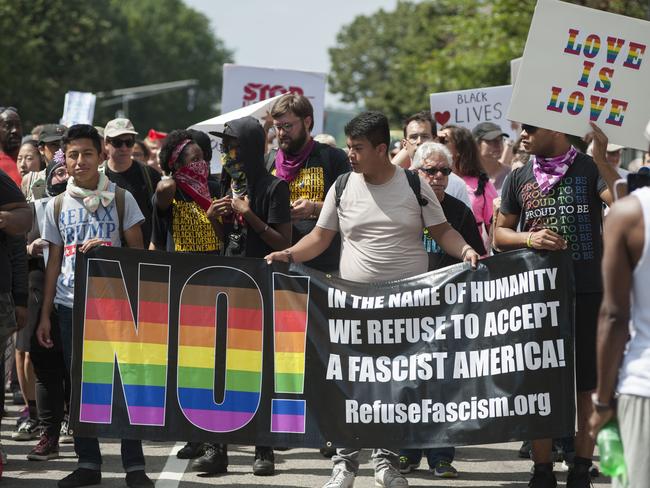
“You must understand that our civilisation is so vast that we can’t have our minorities upset and stirred. Ask yourself, What do we want in this country, above all? People want to be happy, isn’t that right? Haven’t you heard it all your life? I want to be happy, people say. Coloured people don’t like Little Black Sambo. Burn it. White people don’t feel good about Uncle Tom’s Cabin. Burn it.” How prescient was Bradbury, given this was written over 65 years ago?”
“We must all be alike. Not everyone born free and equal, as the Constitution says, but everyone made equal. Each man the image of every other; then all are happy, for there are no mountains to make them cower, to judge themselves against. A book is a loaded gun in the house next door. Burn it. Take the shot from the weapon. Breach man’s mind. Who knows who might be the target of the well-read man? Me? I won’t stomach them for a minute. And so when houses were finally fireproofed completely,” says Beatty, revealing the truth to Montag, “there was no longer need of firemen for the old purposes. They were given the new job, as custodians of our peace of mind, the focus of our understandable and rightful dread of being inferior; official censors, judges, and executors. That’s you, Montag, and that’s me.”
One can only hope that among the civil libertarians there is a Montag who one day experiences a similar epiphany and challenges the pervasive cultural Marxism. Will it occur to him or her that the analogy of falsely shouting ‘fire’ in a crowded theatre has long ceased to be the rationale for curtailing free speech? Now it has been modified to silence those who would cry fire upon seeing smoke or even flames.
Ultimately though it may well be that future generations will read — should books still be permitted — that freedom of speech has never been threatened, and that civil libertarians have from the very beginning made it their cause to protect citizens from being offended.


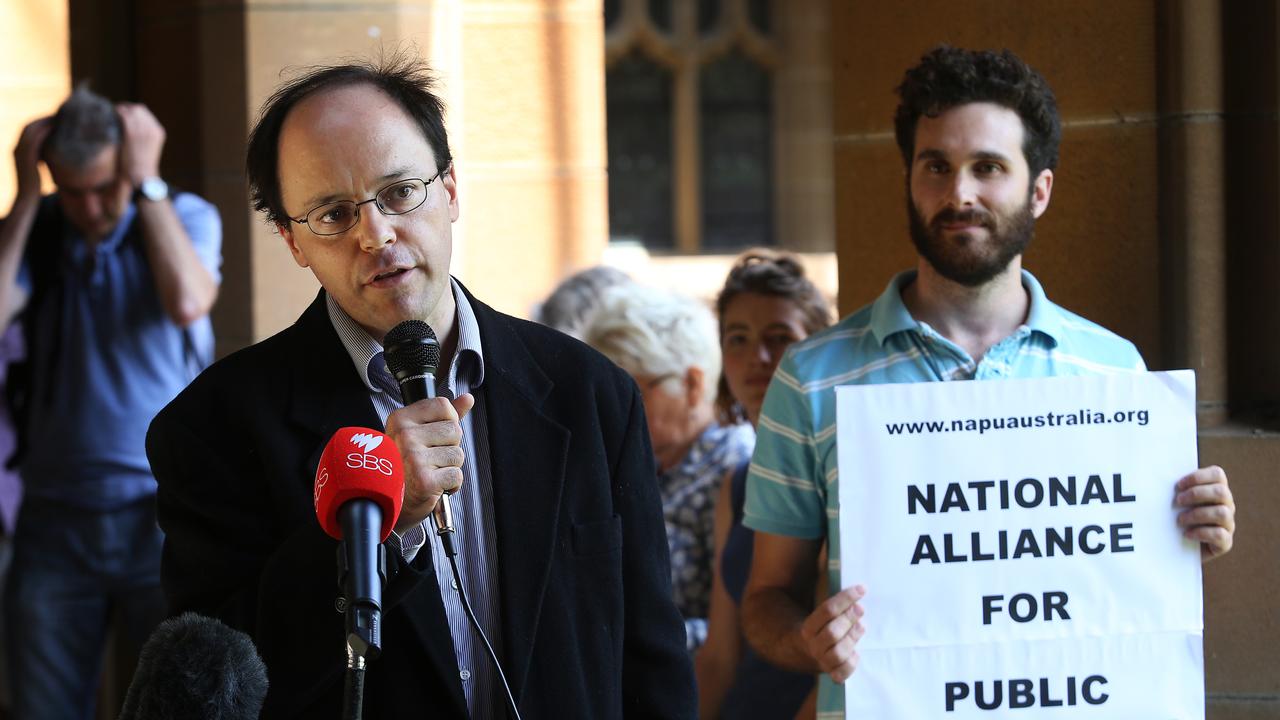
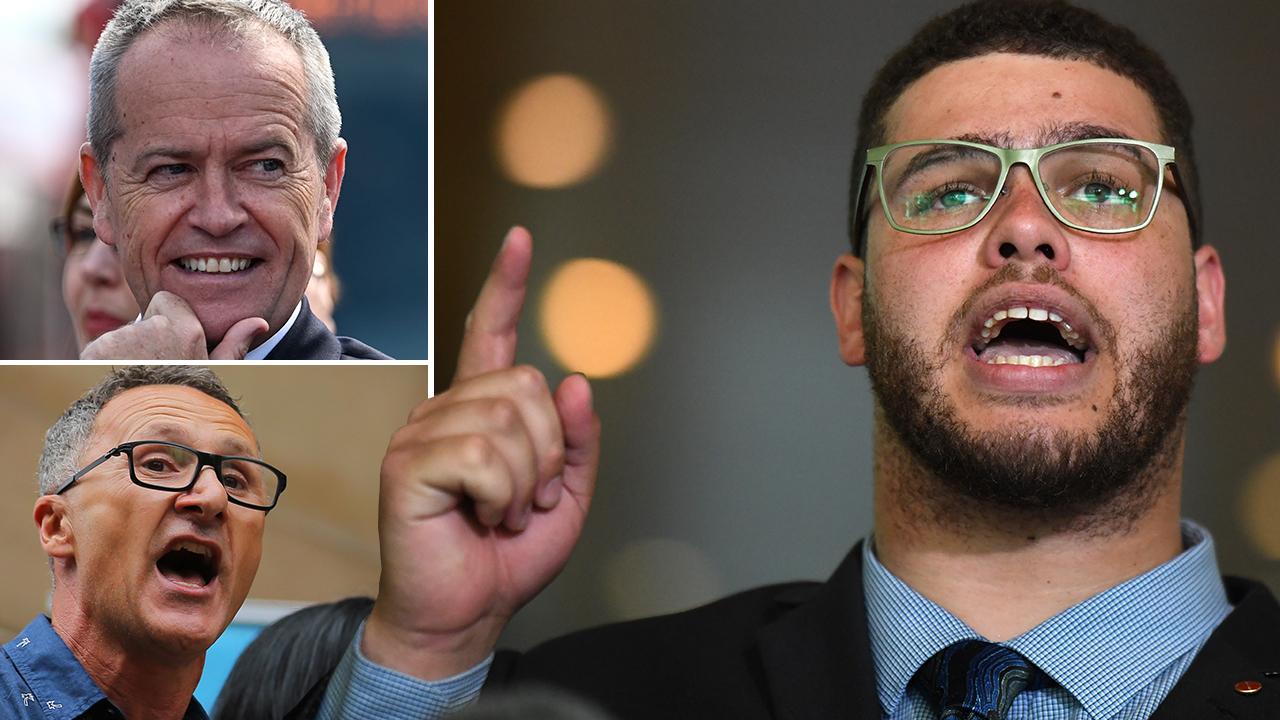
To join the conversation, please log in. Don't have an account? Register
Join the conversation, you are commenting as Logout